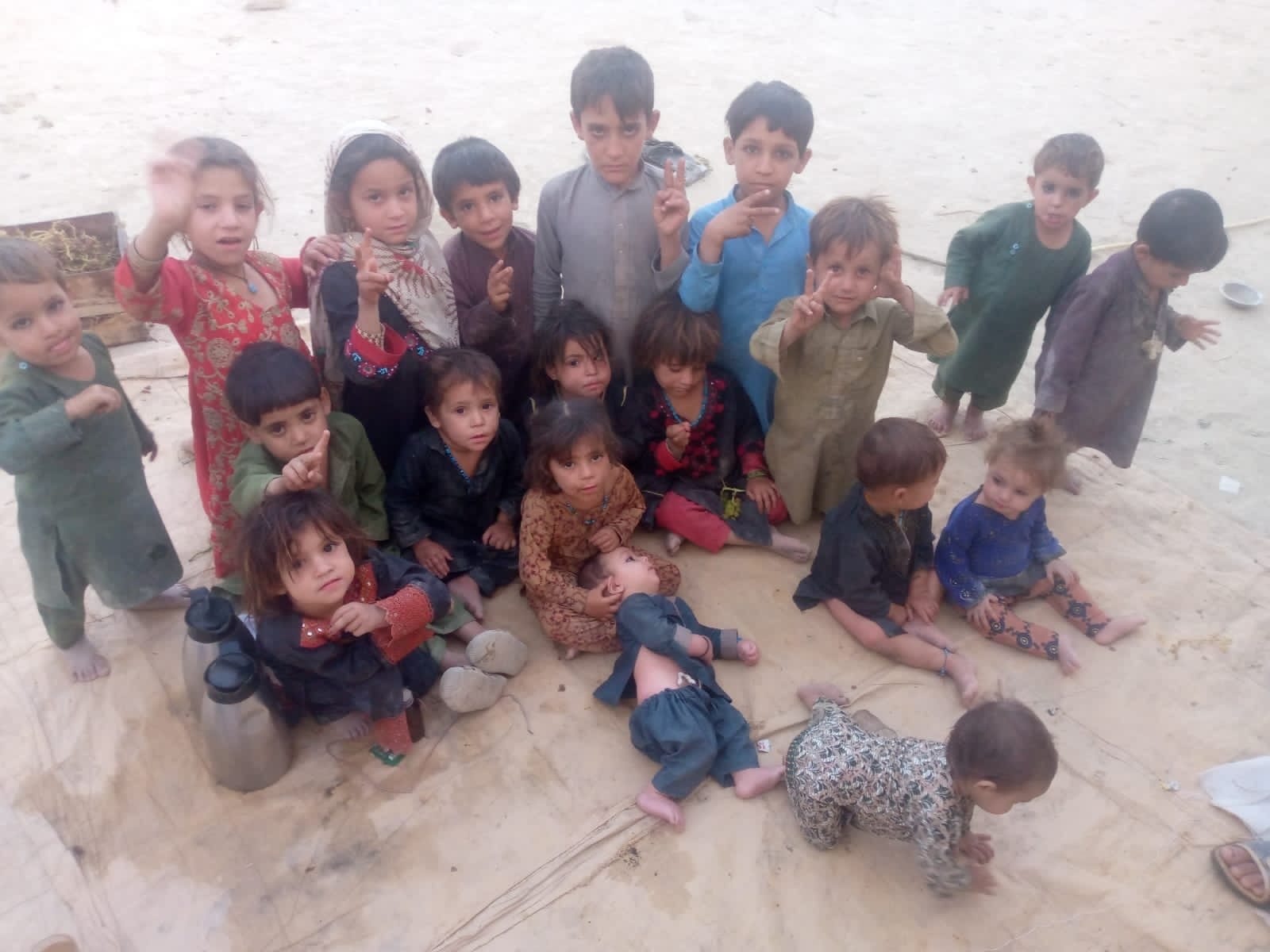Injustice Amplified: Pakistan’s Treatment of Afghan Refugees Under Scrutiny
There have been distressing accounts of refugee camps being vandalized by Pakistani authorities
The recent government orders in Pakistan regarding the arrest and deportation of individuals residing without appropriate documents have raised concerns about the treatment of Afghan refugees.
While Pakistan is a signatory to a tripartite agreement with Afghanistan and the UNHCR to ensure the safety and return of Afghan refugees, its actions may be seen as contravening the principle of non-refoulement.
There are active discussions about Pakistan’s policies on Afghan refugees, highlighting the challenges and human rights issues faced by this vulnerable population.
Harassments Faced by Refugees
The treatment of Afghan refugees in Pakistan has been marred by numerous challenges and significant human rights concerns.
What raises further doubts about the intentions of the government is the timing of their decision, which coincides with the onset of winter. This raises questions about the adequacy of measures taken to ensure the well-being and safety of the refugees during this vulnerable period.
Disturbing reports have emerged indicating that even those Afghan refugees possessing valid residence proofs have been subjected to arbitrary detention. Shockingly, the police have been reported to demand bribes in exchange for the release of these individuals, further exacerbating their plight.
In some cities, like Karachi, young boys have been unjustly detained for extended periods, depriving them of their freedom and basic rights.

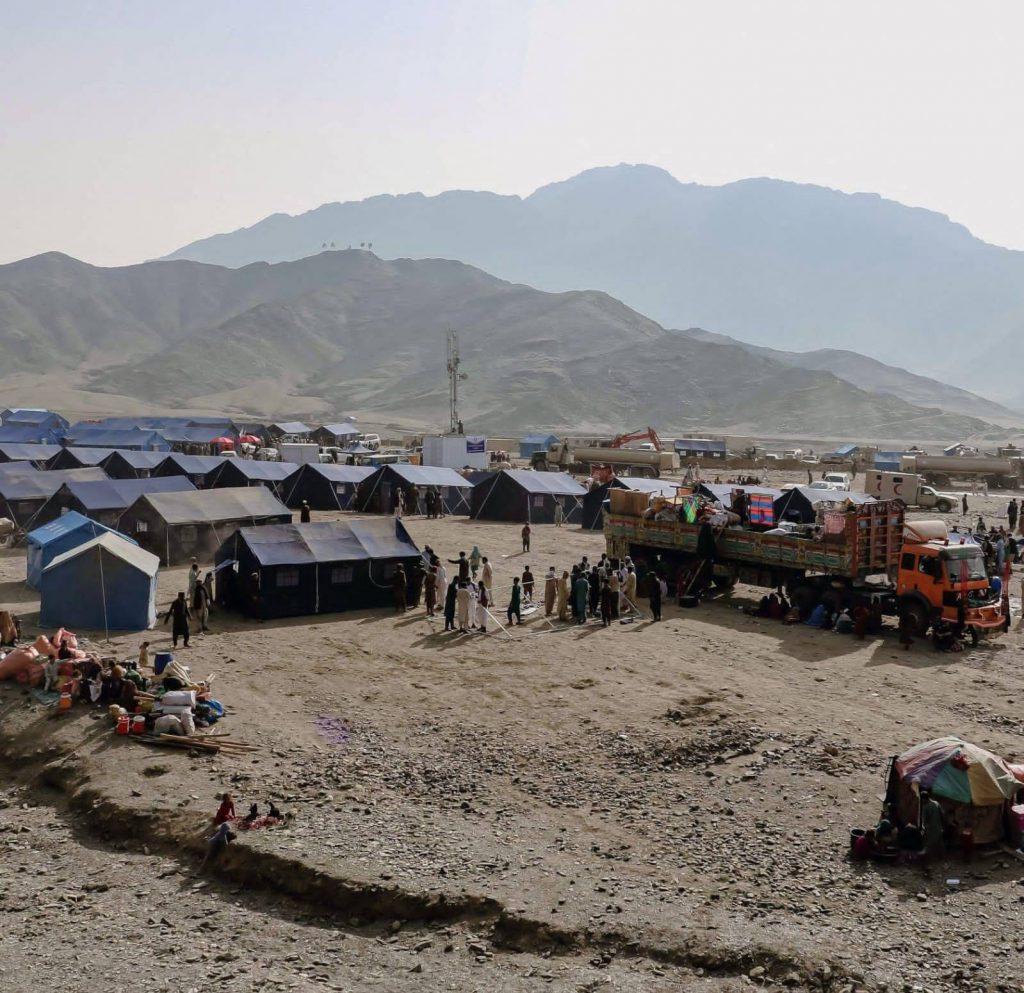
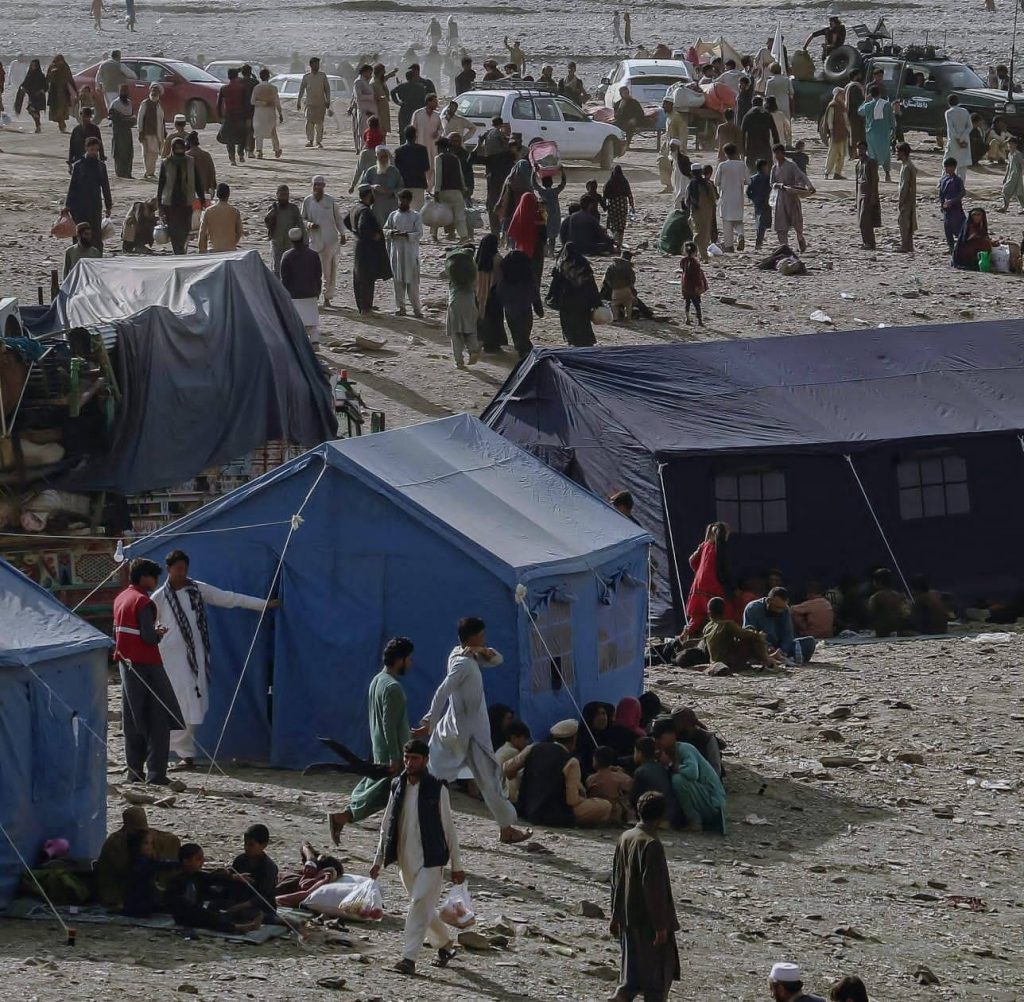
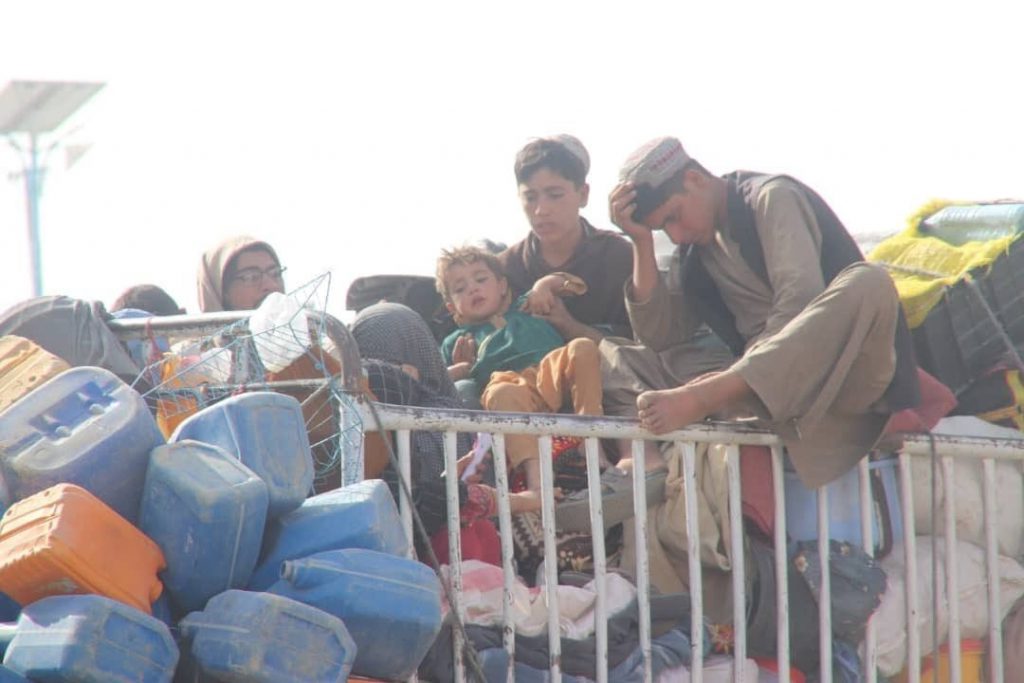

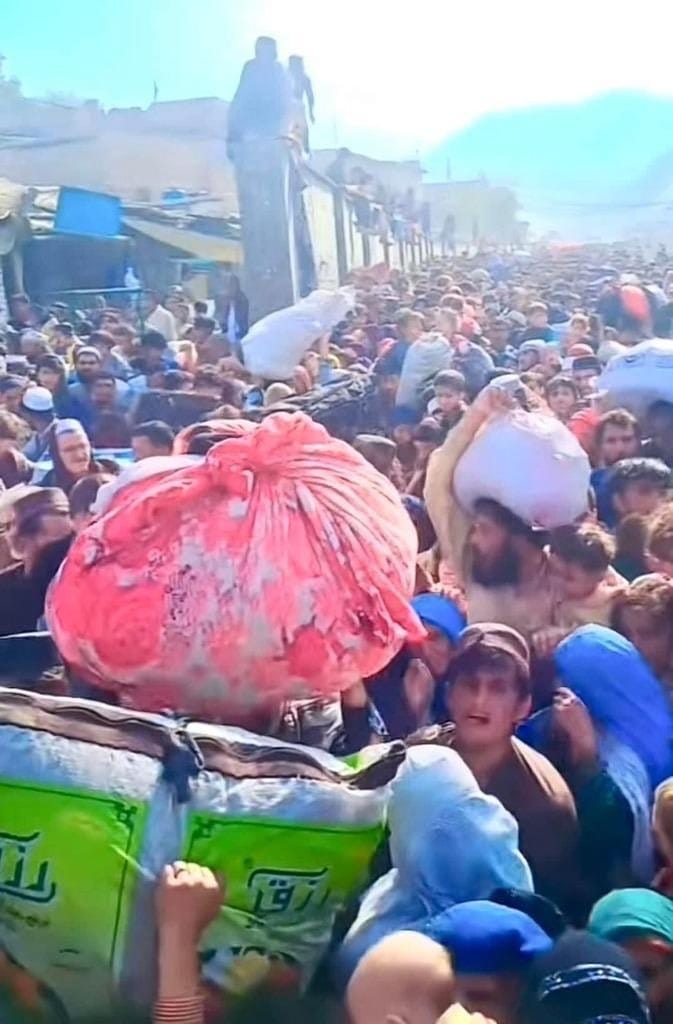



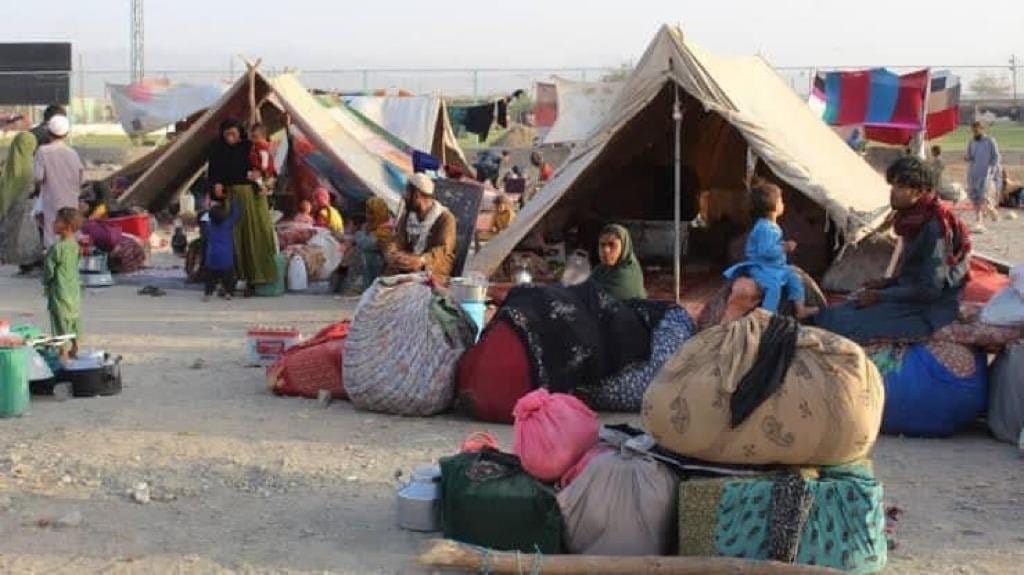
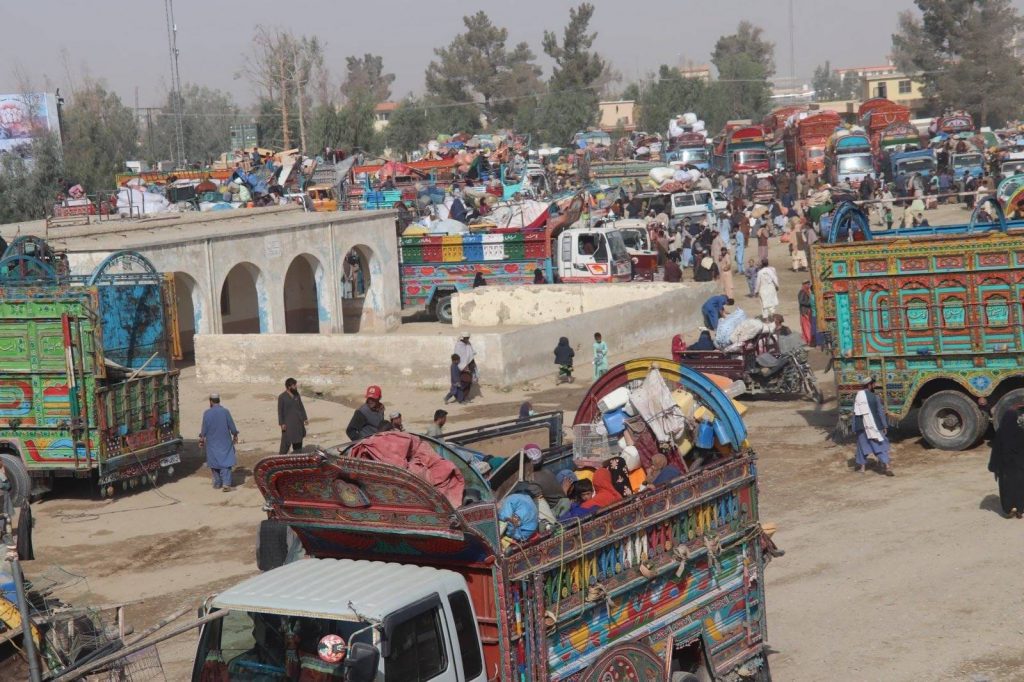
Furthermore, there have been distressing accounts of refugee camps being vandalized by Pakistani authorities. These acts of vandalism not only inflict physical damage but also undermine the sense of security and stability that refugees seek in such camps.
Additionally, deliberate delays in visa issuance, coupled with difficulties in obtaining essential services like bank accounts and rented accommodations, have left Afghan refugees vulnerable to exploitation and harassment by state authorities.
Such mistreatment and violations of human rights not only contravene international legal standards but also fail to uphold the spirit of compassion and empathy towards those fleeing conflict and persecution.
Contradictions to Non-Refoulement Principle
Pakistan’s decision to arrest and deport individuals residing without proper documents raises questions about its adherence to the principle of non-refoulement.
Although Pakistan is not a signatory to the 1951 Convention Relating to the Status of Refugees and the 1967 Protocol Relating to the Status of Refugees, the principle of non-refoulement applies universally.
This principle prohibits states from expelling refugees, regardless of their status as signatories to the conventions. Pakistan’s actions may be seen as contradictory to this fundamental principle.
Humanitarian Obligations and International Agreements
The humanitarian obligation of Pakistan towards Afghan refugees cannot be overstated, particularly in light of the tripartite agreement it signed with Afghanistan and the UNHCR.
This agreement signifies a commitment to guarantee the safety and well-being of Afghan refugees, ensuring their protection and facilitating their safe return when conditions allow.
However, Pakistan’s recent actions, such as the arrest and deportation of individuals without proper documents, raise serious concerns about the fulfillment of its obligations under international agreements and human rights standards.
By subjecting refugees to harassment, detention, and exploitation, Pakistan not only violates the principles of humanity and compassion but also risks contravening its commitments to providing a safe haven for those fleeing conflict and persecution.
International law, including customary international law, recognizes the fundamental principle of non-refoulement, which prohibits states from returning or expelling refugees to a place where their lives or freedom would be at risk.
Pakistan Should Reconsider
It is crucial for Pakistan to reconsider its approach to Afghan refugees, taking into account their vulnerability and the principles of non-refoulement.
The government should focus on providing support and assistance to refugees, ensuring their access to basic services, education, and healthcare.
Collaboration with the UNHCR and international partners can help address the challenges faced by Afghan refugees, while also ensuring their safe return and reintegration into their home country.
It is imperative for Pakistan to uphold its humanitarian obligations, collaborate with relevant international organizations, and adopt a more compassionate approach to ensure the safety and well-being of Afghan refugees. By doing so, Pakistan can contribute to regional stability and foster stronger relationships with neighboring countries.
